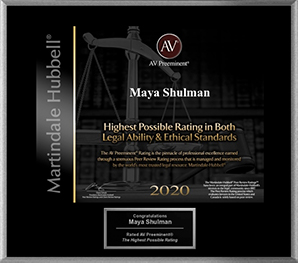Divorces can be both stressful and socially humiliating. It certainly isn’t pleasant to have to let people know that your marriage fell apart. Even if the fault lies squarely on the shoulders of your ex, divorce can be a source of embarrassment.
As if worrying about what other people might think of you isn’t bad enough, if you have children, the potential exists for them to uncover information in the future about your divorce that will impact their self-identity or the relationship with you or their other parent. Additionally, if you are wealthy or high-profile, there may be individuals who have an interest in gossip that might undermine your reputation.
Keeping your California divorce as private as possible is often one of the best ways to reduce the negative effects that divorce can have on your family.
Are California family court records private?
In some states, the courts do not provide universal access to family law matters, including divorce. They may limit the people who can request the records to those directly involved in the case and their attorneys. Unfortunately, California is not one of those states.
Family law proceedings are part of the public record in California, which means that just about anyone can potentially read the testimony a witness provided about the affair or the meltdown you had when discussing the final months of your marriage on the stand.
In some cases, hiring a private judge can be a way to resolve matters without creating a public record. In specific scenarios, the courts may also occasionally grant requests to seal records related to family law matters. However, it is generally better to avoid creating public records as opposed to trying to prevent people from accessing them later, as there is no promise of success.
An uncontested divorce can offer you more privacy than a litigated one
Filing for an uncontested divorce means that you and your spouse have already set terms regarding custody and property division before you ask the courts to formalize the end of your marriage. Direct negotiations through your attorneys can help you resolve outstanding issues, like how to split up parenting time.
If you can’t manage to resolve issues on your own, working with a mediator could also be a way to resolve those issues and find compromises that work for your family. Unlike court records, mediation records typically remain confidential.
Wanting to keep your divorce private is a normal impulse. As long as you and your ex agree about the importance of privacy, you can make careful decisions in how you proceed with your California divorce that will limit how much people know about the inner workings of your marriage.







